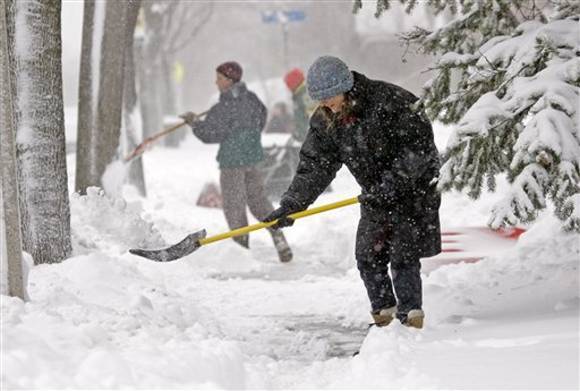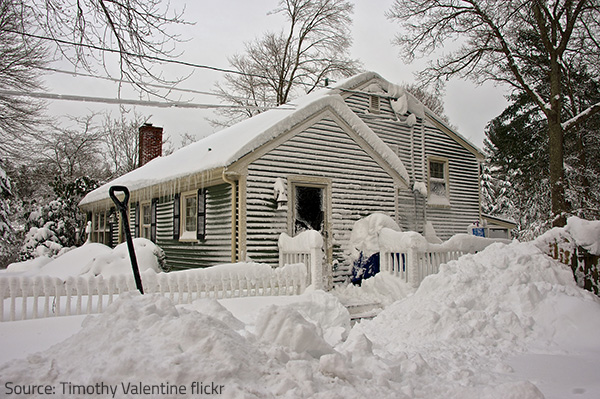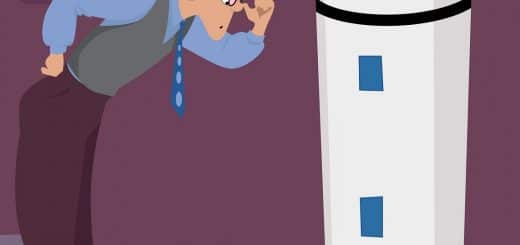7 Tips to Help You Shovel Snow Safely
Winter storms have been happening in several different areas of the U.S. since the start of the season and after the snow, it is up to homeowners and business owners to do one of our least favorite winter activities; snow shoveling. Shoveling is an important job that must be done in order to clear driveways and sidewalks but depending on the severity of the snow, shoveling can be a strenuous activity that increases heart rate and blood pressure. Because of the stress that shoveling puts on the heart, it can be a dangerous activity if it is not done safely. Northwestern Memorial Hospital recommends following these 7 safety tips to prevent fatigue and heart attacks while shoveling.

As you continue to shovel this winter, make sure to follow these 7 snow shoveling safety tips to protect your health
- Dress Warm: It is usually very cold outside after a snow storm which makes it important to dress as warm as possible. Wear layered clothing, hats, and gloves that can help maintain your body temperature and circulation as you shovel.
- Start When the Snow is Still Falling: It is easier to shovel when there is less snow on the ground as opposed to waiting for the snow to stop and shoveling the full amount at once. Also, snow will become more compact the longer it sits which will make it more difficult to shovel.
- Start out Easy: Just like any other work out, you must warm up to the activity of shoveling before exerting your full energy. You should also take breaks as often as needed.
- Stay Hydrated: Because shoveling is a physical activity, it can dehydrate your body, even in the coldest weather. Make sure to take water breaks to stay hydrated.
- Eat a Small Meal: It is wise to eat a small meal before shoveling for some energy but eating a large meal before shoveling can be harmful because digestion also puts stress on the heart. You should also avoid drinking alcohol before you shovel.
- Light Loads: Try not to lift too much snow at once with the shovel because this puts stress on your back, neck, and heart. Only lift small loads of snow by using your legs and try to push instead of lift when you can.
- Pay Attention to your Body: The way you feel while shoveling is a good indicator of the stress you are putting on your body. It may be time to take a break if you are feeling sore or fatigued. If you experience more serious effects such as tightness in your chest, throat, or arm, lightheadedness, or shortage of breath, you should stop shoveling and rest. It may be wise to seek medical attention if these symptoms do not subside with rest.
As you continue to shovel snow this winter, make sure to follow these 7 snow shoveling safety tips to protect your health. Shoveling can be a very strenuous activity but by taking the right measures, you can safely clear your driveway and sidewalk of snow. If your home or property has sustained damage from a heavy snow storm, contact a damage restoration professional that can help you recover from the damage.













